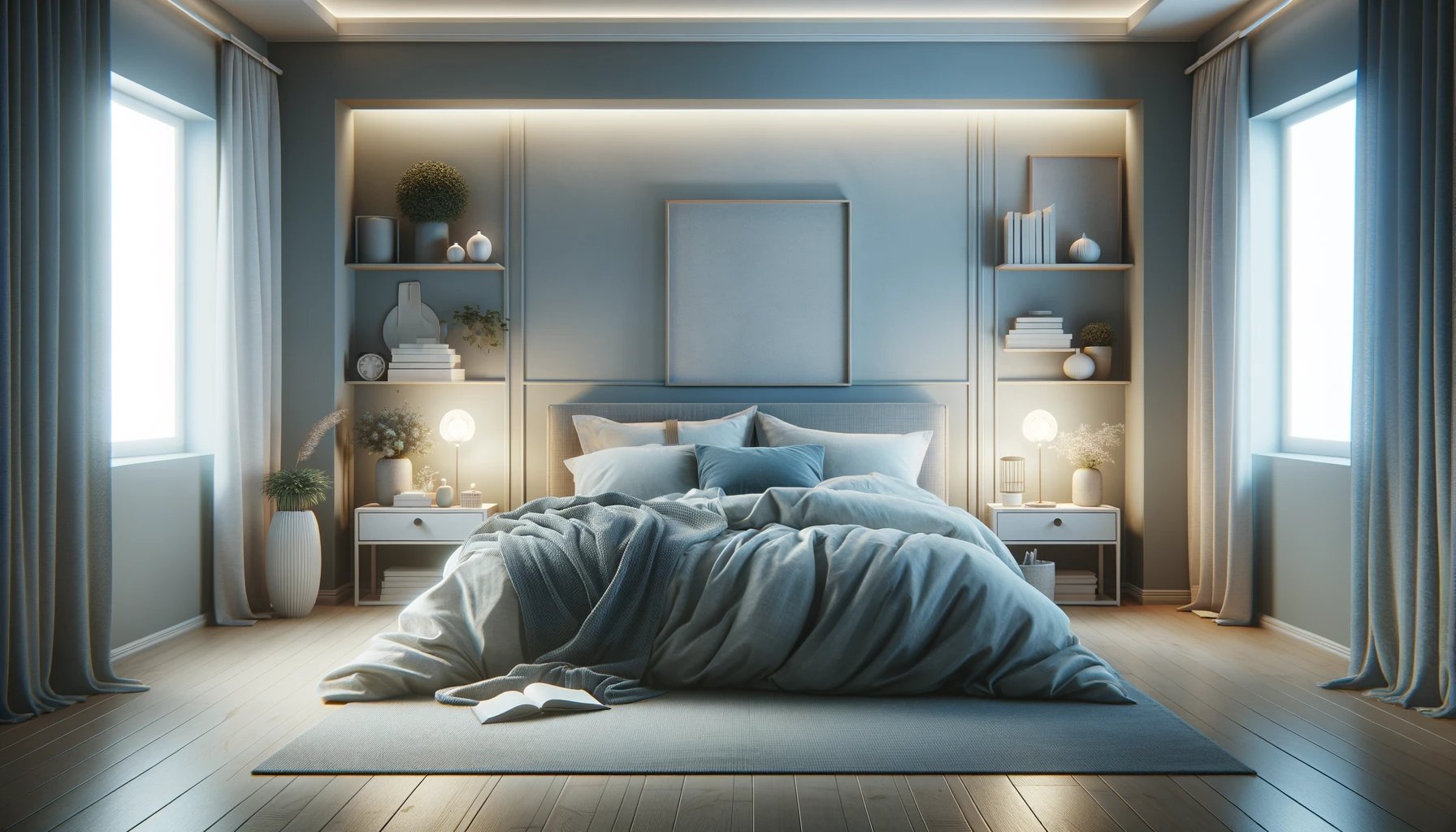
Optimizing Sleep Quality: A Guide to Restful Nights
Introduction
In the quest for a healthier lifestyle, sleep often takes a backseat. Yet, the quality of our sleep is as crucial as diet and exercise. This post delves into practical strategies to enhance sleep quality, backed by insights from the Sleep Foundation and other reputable sources.
Understanding Sleep Cycles
Grasping the science behind sleep cycles is key. Sleep involves stages like light sleep, deep sleep, and REM sleep, each vital for various restorative processes. The National Sleep Foundation provides a comprehensive guide on how these stages impact overall health.
Creating a Sleep-Inducing Environment
- Dim the Lights: Bright light can disrupt your body's circadian rhythm. Utilize dim lights in the evening. For those sensitive to light during sleep, blackout curtains can be a game-changer.
- Optimize Bedroom Temperature: The ideal room temperature for sleep is around 65 degrees Fahrenheit, as suggested by sleep experts.
- Invest in a Quality Mattress and Pillows: A comfortable and supportive mattress is crucial. Those who slept on the Dormi Lux Hotel Bed averaged 59 more minutes of restful sleep per night! That's a 365 hours a year!
Establishing a Pre-Sleep Routine
Develop a calming routine before bed, like reading or a warm bath. The Sleep Foundation emphasizes the importance of reducing blue light exposure from screens before bedtime.
Diet and Exercise for Better Sleep
- Balanced Diet: A diet rich in vegetables, fruits, and lean proteins is recommended for better sleep. Avoid caffeine and alcohol close to bedtime.
- Regular Exercise: Consistent physical activity promotes better sleep. However, timing is key – avoid intense workouts close to bedtime.
Managing Stress and Anxiety
Stress is a major culprit in poor sleep quality. Practices like deep breathing, meditation, and journaling can help. Persistent issues should be addressed with a healthcare provider.
Limiting Daytime Naps
Though naps can be refreshing, they should be short to avoid disrupting nighttime sleep.
Seeking Medical Advice
Regular sleep disturbances might indicate underlying conditions. It's advisable to consult a healthcare provider for conditions like insomnia or sleep apnea.
Conclusion
Quality sleep is attainable through mindful practices and lifestyle adjustments. Incorporate these strategies for a restful night's sleep and improved overall health.
Visit www.dormibeds.com for more insights on sleep health. Check out our range of products designed to enhance your sleep experience.
Works Cited:
-
Sleep Foundation. "How to Sleep Better." Sleep Foundation, National Sleep Foundation, 2023, www.sleepfoundation.org/how-to-sleep-better.
-
International Sleep Products Association. "Sleep Tips." International Sleep Products Association, 2023, www.sleepproducts.org/sleep-tips/.

